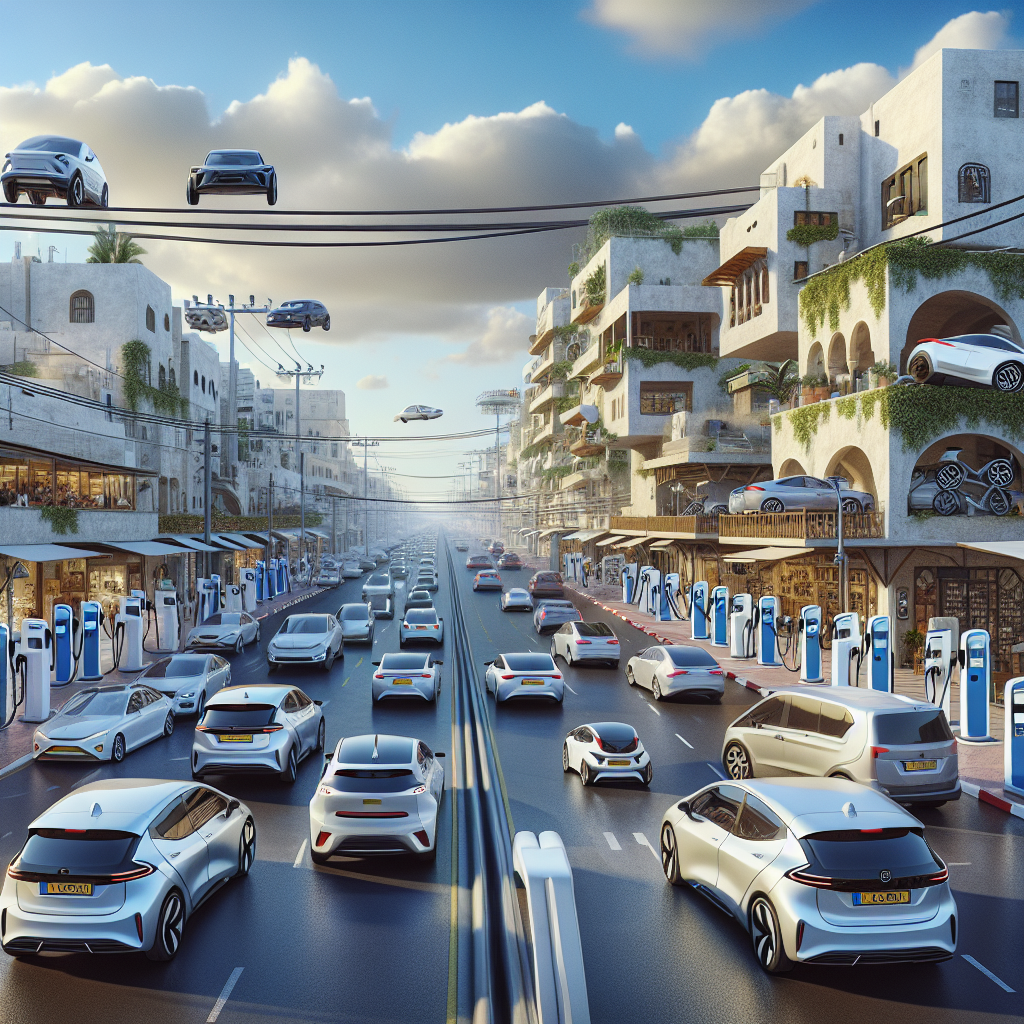General Motors announced plans to eliminate approximately 1,750 jobs within its electric vehicle (EV) division, a strategic decision that underscores the mounting challenges facing automakers amid a slowing global transition to electric transportation. As first reported by Startup News in the article “G.M. Will Cut 1,750 Jobs in Electric Vehicle Business,” the job reductions are expected to affect engineering and salaried staff across multiple facilities, with the company citing the need to align workforce levels with revised production schedules.
The cuts come at a time of recalibration for the auto industry as major manufacturers confront tepid consumer demand, supply chain constraints, and intensifying financial pressures linked to EV development. GM’s move follows recent comments from company executives suggesting a delay in the pace of its EV rollout, particularly for models that had been slated for rapid scale-up in the coming year.
In a statement, General Motors emphasized that the workforce adjustment is part of a broader effort to manage costs and reallocate resources more efficiently. The company intends to continue investing in EVs, especially in areas of battery technology and emerging platforms, but acknowledged that the sector is evolving at a different speed than previously projected.
Industry analysts note that the job reductions—affecting roles primarily associated with EV strategy and manufacturing—reflect a maturing market landscape, where exuberant demand projections from the past five years are colliding with economic and logistical headwinds. In the face of inflationary pressures and elevated interest rates, many consumers remain hesitant to make the switch to electric models, particularly as public charging infrastructure lags behind industry targets.
GM’s announcement also arrives amid broader labor tensions. The company recently emerged from contentious contract negotiations with the United Auto Workers union, during which job security and the future role of EV manufacturing plants were central issues. Although the current reductions primarily impact non-unionized positions, the strategy is likely to draw scrutiny given the industry-wide concerns over job displacement as electric drivetrains increasingly replace traditional internal combustion engines.
While General Motors remains committed to its long-term vision of an all-electric future, the near-term recalibration suggests a more cautious approach in navigating the capital-intensive shift. Other legacy automakers have issued similar cautionary signals in recent months, underscoring a growing recognition that consumer adoption and profitability benchmarks may be further on the horizon than initially forecast.
The automaker did not provide specifics on whether the affected roles would be eligible for reassignment within other divisions, though it confirmed that impacted employees will receive severance and support services. As GM adjusts its EV roadmap, observers will be watching closely to see how the company balances innovation with operational efficiency in a rapidly shifting automotive landscape.



